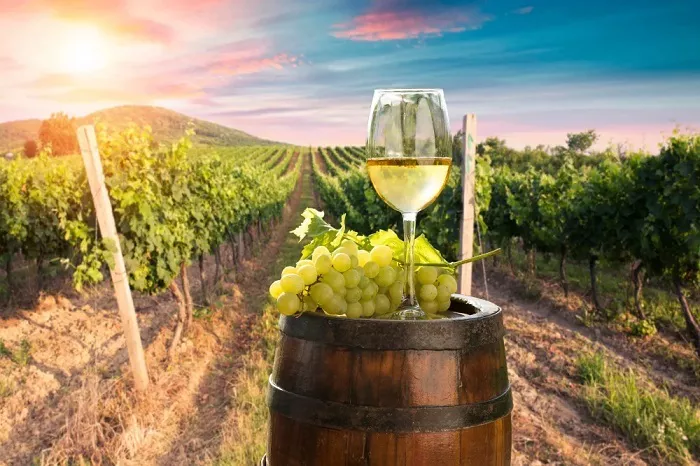Kate Nowell-Smith, a winemaker and contributor to Decanter Magazine, has been captivated by fermentation since childhood. Her early exposure came in the family cellar, where her father, longing for the taste of a traditional British pint, brewed his own beer—albeit with less-than-stellar results.
“It was terrible, execrable, you could say,” Nowell-Smith recalled, describing the early brews that nonetheless sparked a lifelong fascination. “Just magic, a smell that was just magic, this transformation through controlled spoilage.”
From homemade ginger beer to formal education—including culinary school, courses at Santa Rosa Junior College, and a winemaking certificate from UC Davis—Nowell-Smith’s journey has mirrored the evolution of Sonoma County’s wine industry. Once a booming symbol of agricultural prosperity, the region now stands at a precarious juncture.
The business of grape growing and winemaking, once seen as stable and prestigious, is being reshaped by a convergence of global and local pressures. Tariff uncertainties, the tangible effects of climate change, and a shifting consumer demographic have left many industry professionals bracing for difficult times ahead.
Sonoma County was once known for its apples, with over 6,000 hectares planted during the mid-20th century. However, those orchards gave way to vineyards in the 1990s, when grapes promised higher returns. That cycle of agricultural optimism and retrenchment may now be repeating.
Some growers’ associations have suggested that over 11,300 hectares of vines should be removed to address market oversupply. Compounding the issue is the steady decline in wine consumption among baby boomers, once the industry’s most reliable consumers. The result is a sense of unease among seasoned winemakers and importers alike.
But for Nowell-Smith, the concern runs deeper than economic viability. She views the industry’s current challenges as symptomatic of broader cultural shifts.
“I really think we are losing community on the macroscale and the microscale,” she said. “I’m not religious, but I have actually had thoughts like, gosh, if I went to church every Sunday I would see my group of people.”
In her view, wine sits at a crucial intersection—where social connection, environmental consciousness, and evolving attitudes toward alcohol collide. Younger generations, including Millennials and Gen Z, approach wine with a new sensibility—one that reflects broader societal changes and a reevaluation of tradition.
As the wine industry grapples with an uncertain future, it may also serve as a mirror for the cultural transformation underway in America. Wine has always told stories—about place, about people, about time. Now, it also tells a story of change.
After all, as the Latin proverb reminds: in vino veritas—in wine, there is truth.
You Might Be Interested In:


